

From hurdles to acceleration
23-04-2024
Recap Annual VoltaChem Event
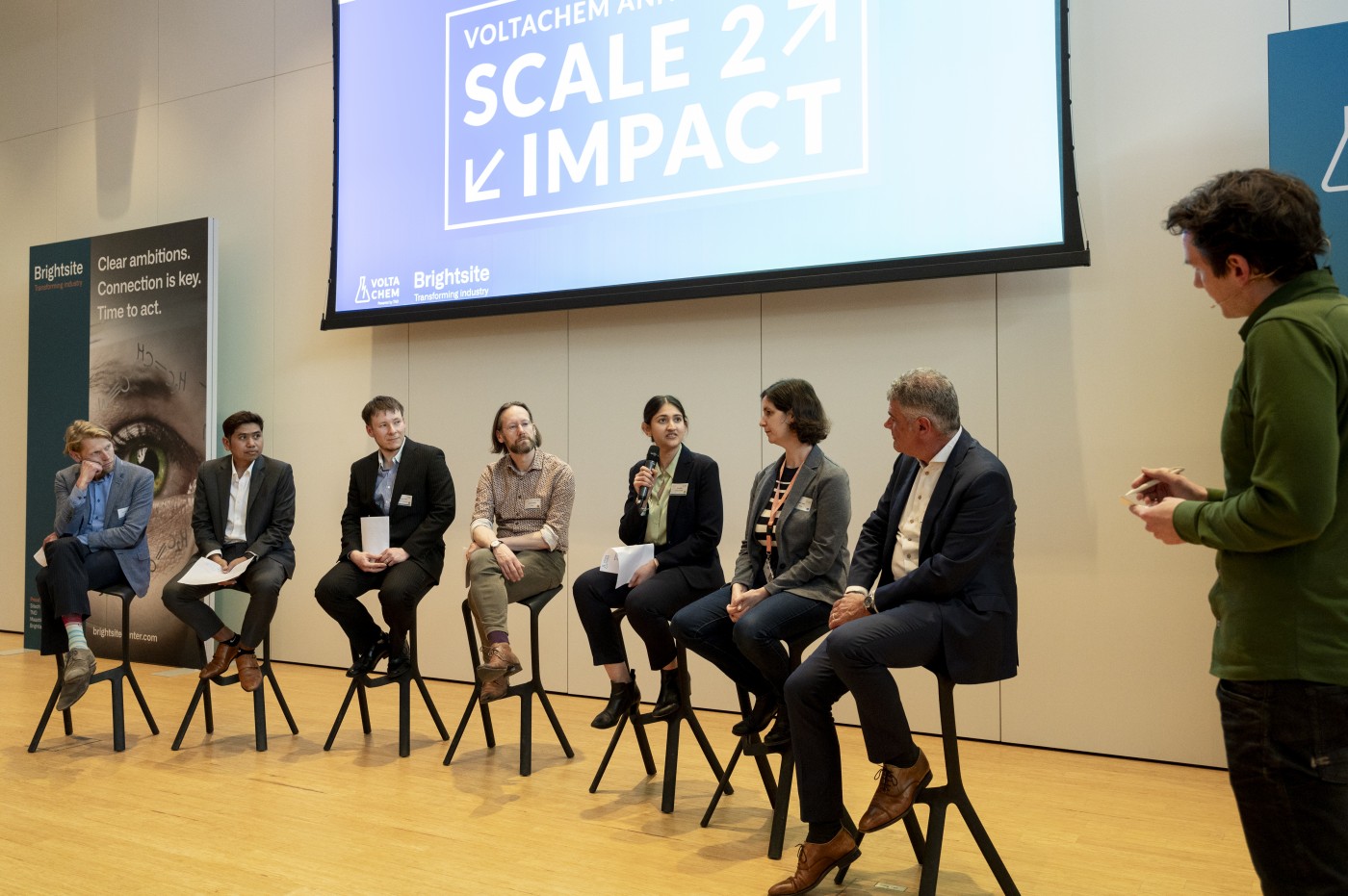
At the Brightlands Chemelot Campus in Geleen, Netherlands, the VoltaChem community gathered around 100 attendees at its annual event to discuss how electrification can come into practice and what the hurdles are. Existing project members from the full value chain, and closest relations were sharing their ambition on electrification of the chemical industry.
Together with our partner Brightsite, the focus of the event was on strategic challenges, such as: how to identify the right technology for a specific context, how to scale up efficiency and how to develop a positive business case.
Martijn de Graaff (Program Director) kicked off this event together with Arnold Stokking (Managing Director at Brightsite). During the morning, C-level colleagues from industry shared their insightful stories and answered questions in the fields of Power-2-Integrate, Power-2-Hydrogen and Power-2-Chemicals. In the afternoon, in breakouts the groups dived into the details of the specific technology domains on the one hand. On the other hand the technical roadmap were worked on with VoltaChem’s partners.
Speaking members were Francisco Boshell, Head-Innovation and End-Use Applications at IRENA, Achim Raschka, Head of Technology & Markets at Nova Institute, René Slaghek, Technology Manager at Brightsite, Markus Kunze, VP Engineering at Bosch Transmission Technology, Elmer de Boer, Head of Renewable Energy Solutions at Eneco, Márcio Rebouças, Global Process technology lead at Braskem, and Puttipong Suwan, Net zero innovation manager at PPT Global Chemicals.
It was a lively and very engaging community event packed with knowledge sharing, networking and project idea development.
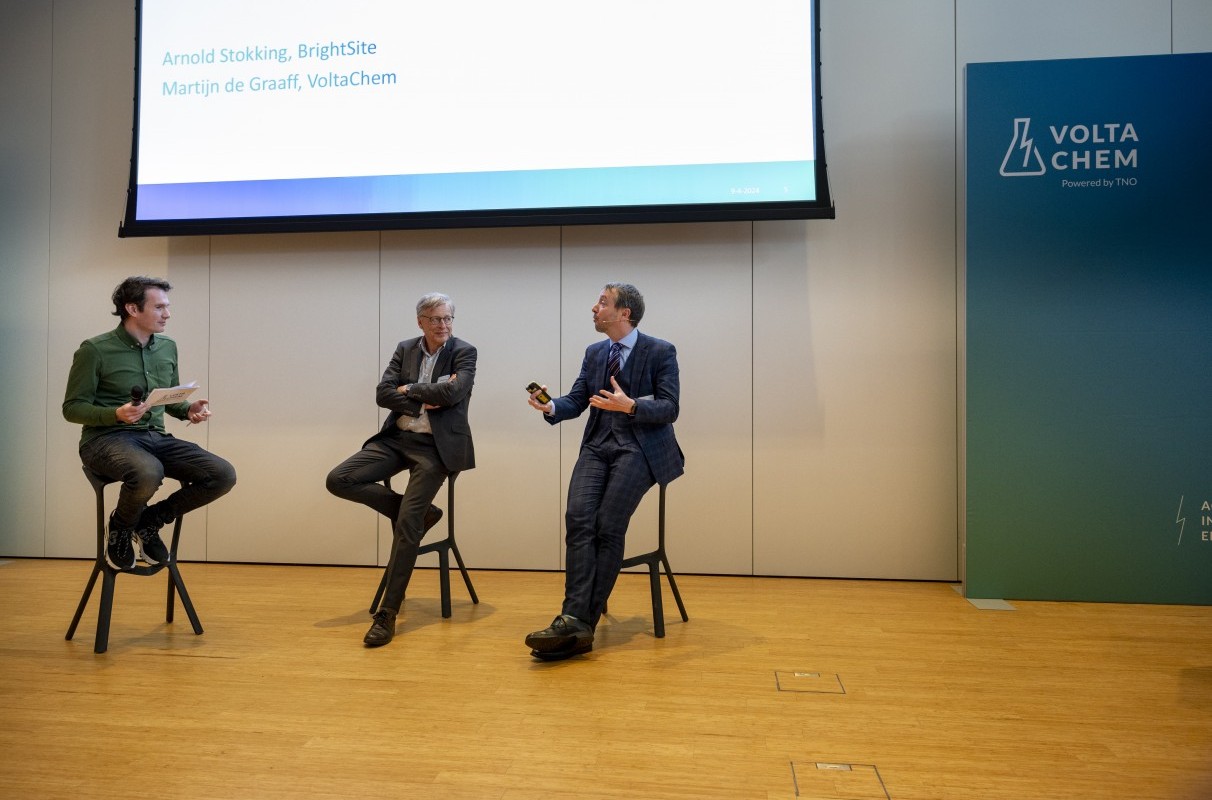


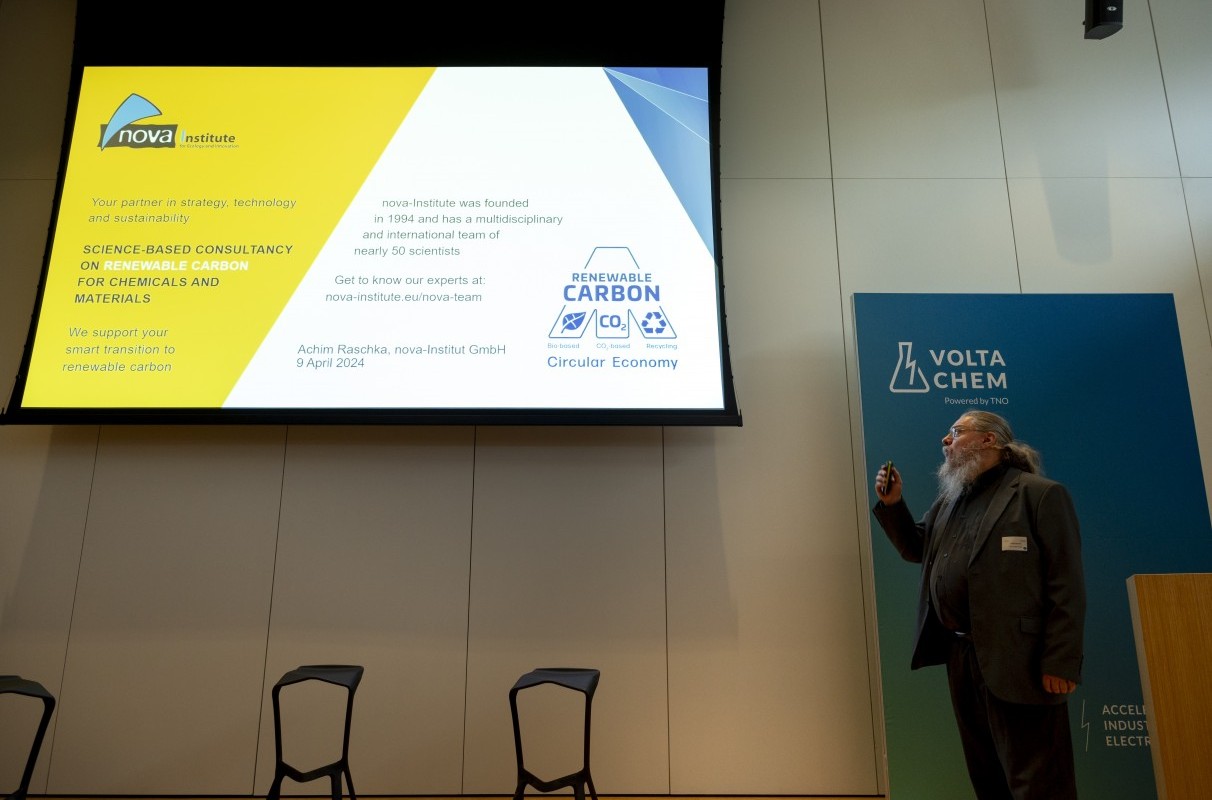
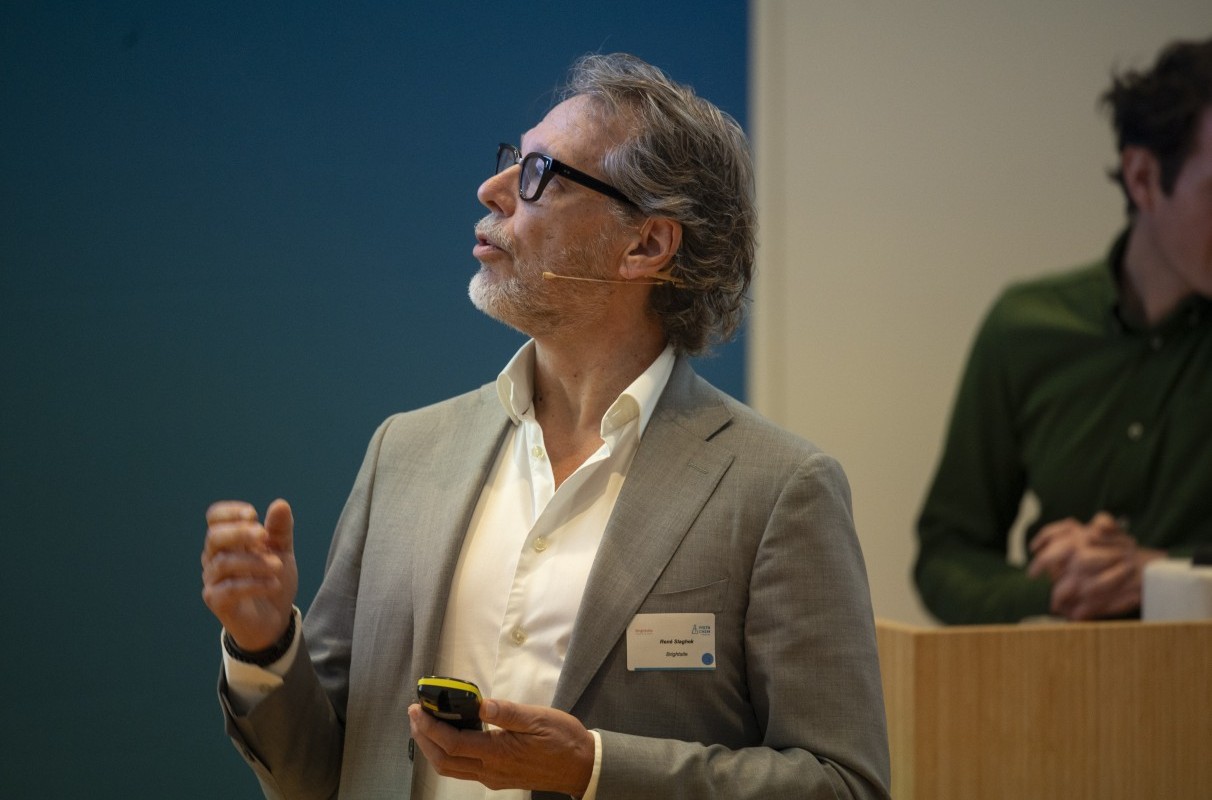
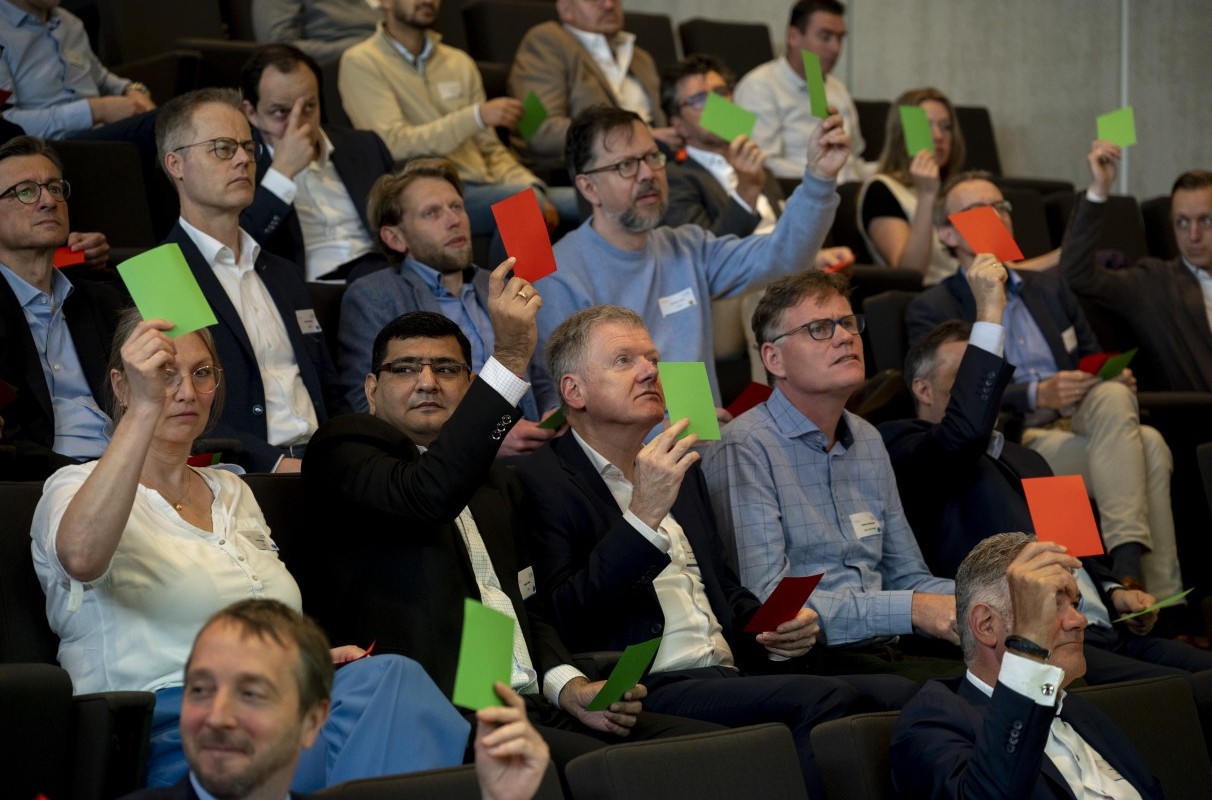
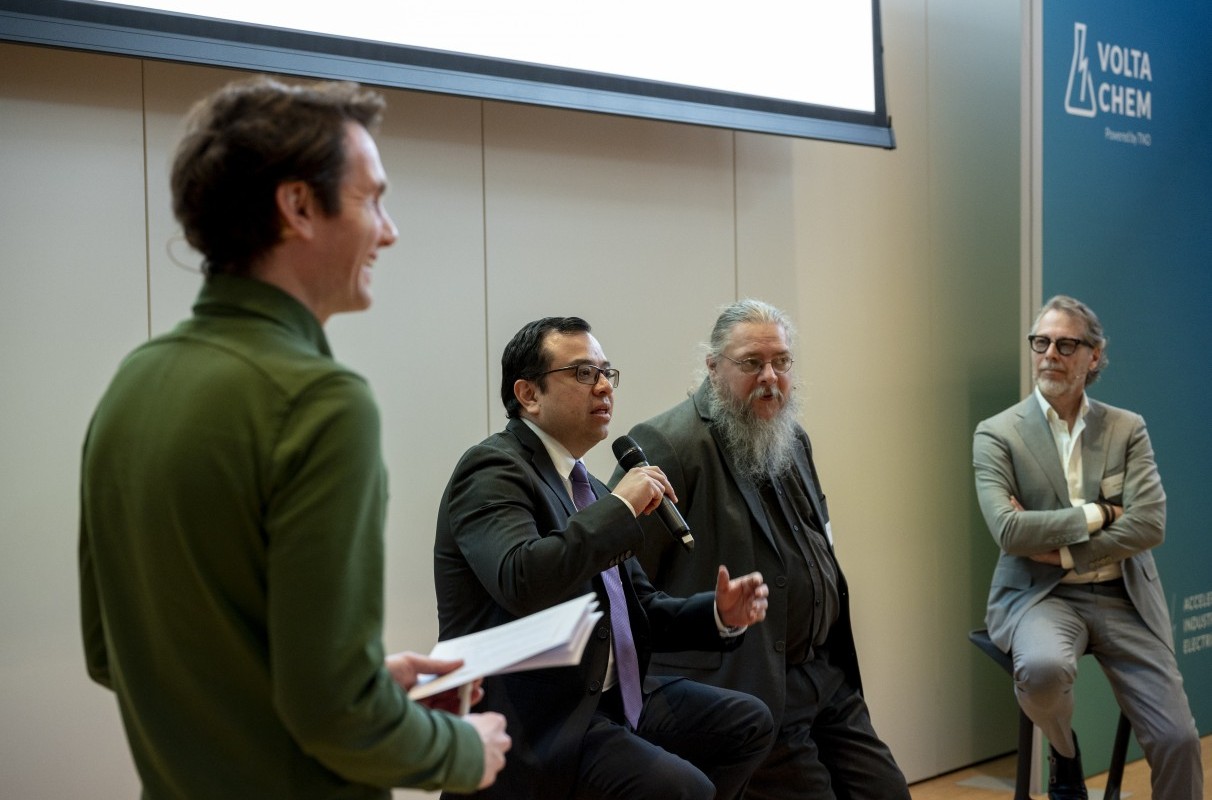
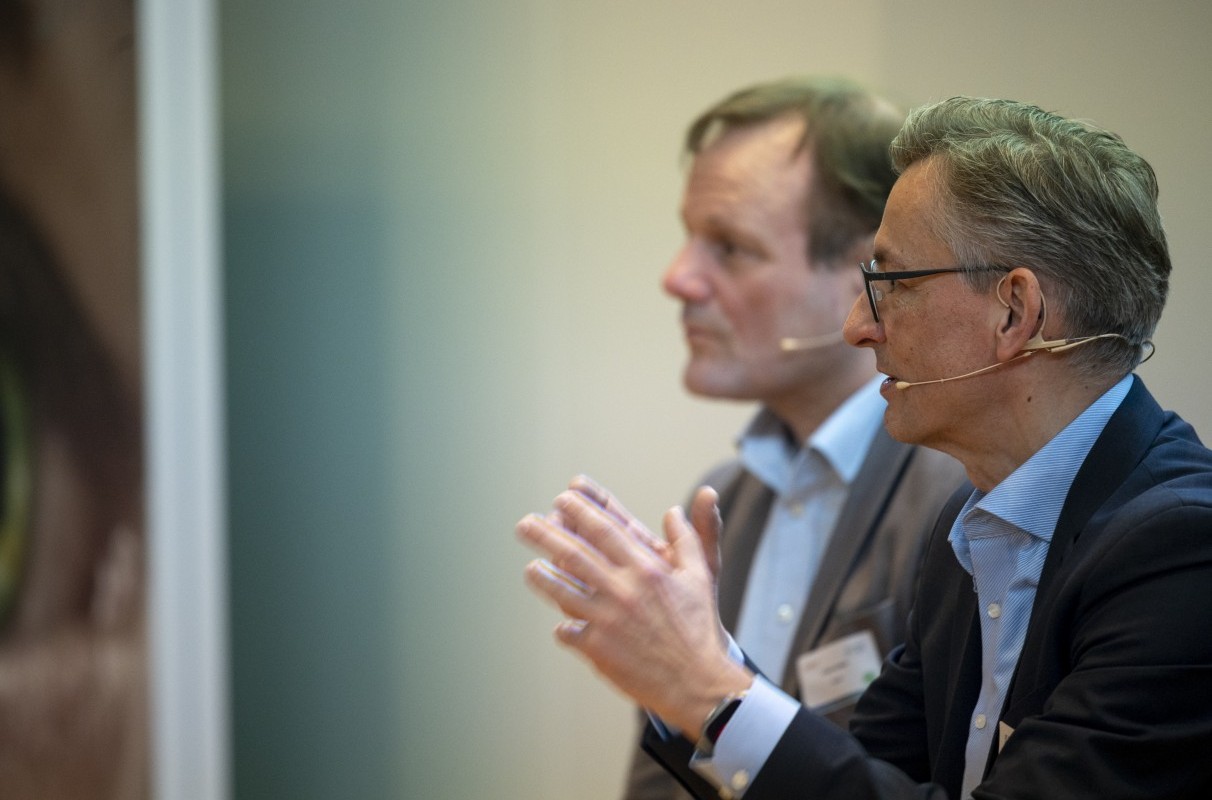

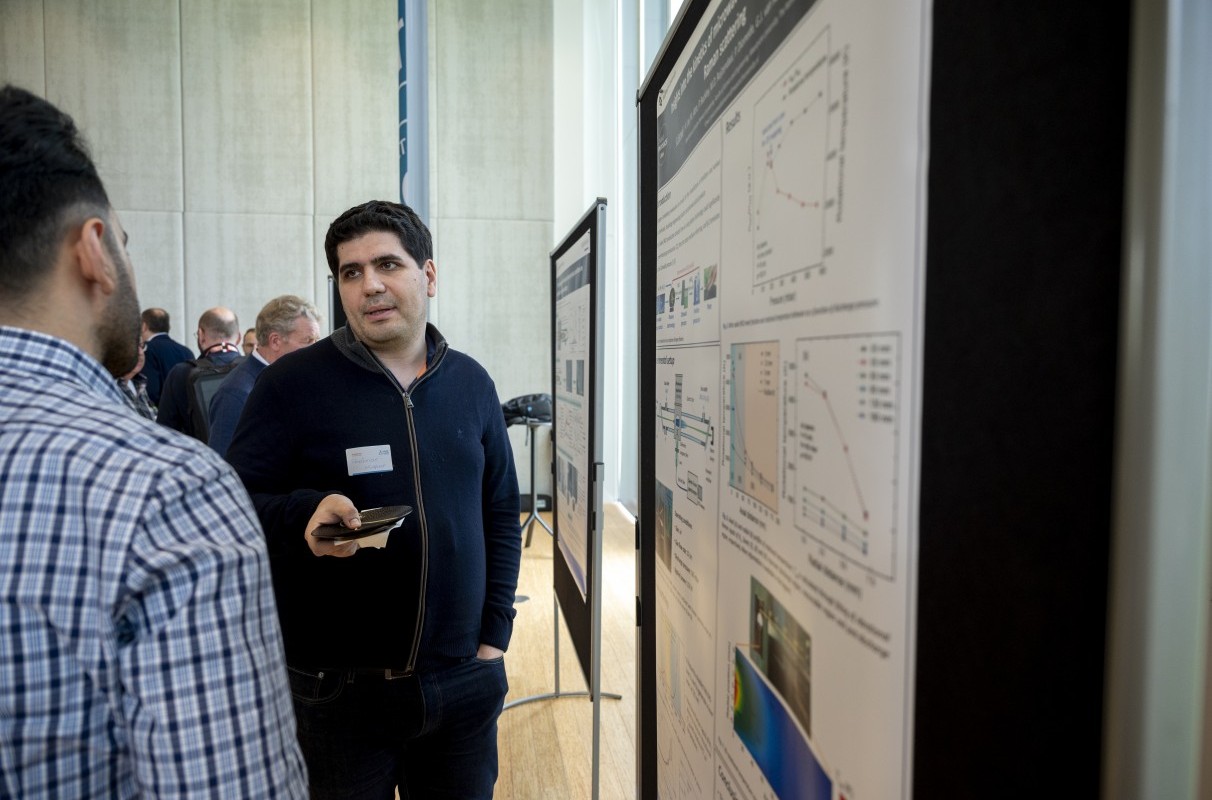
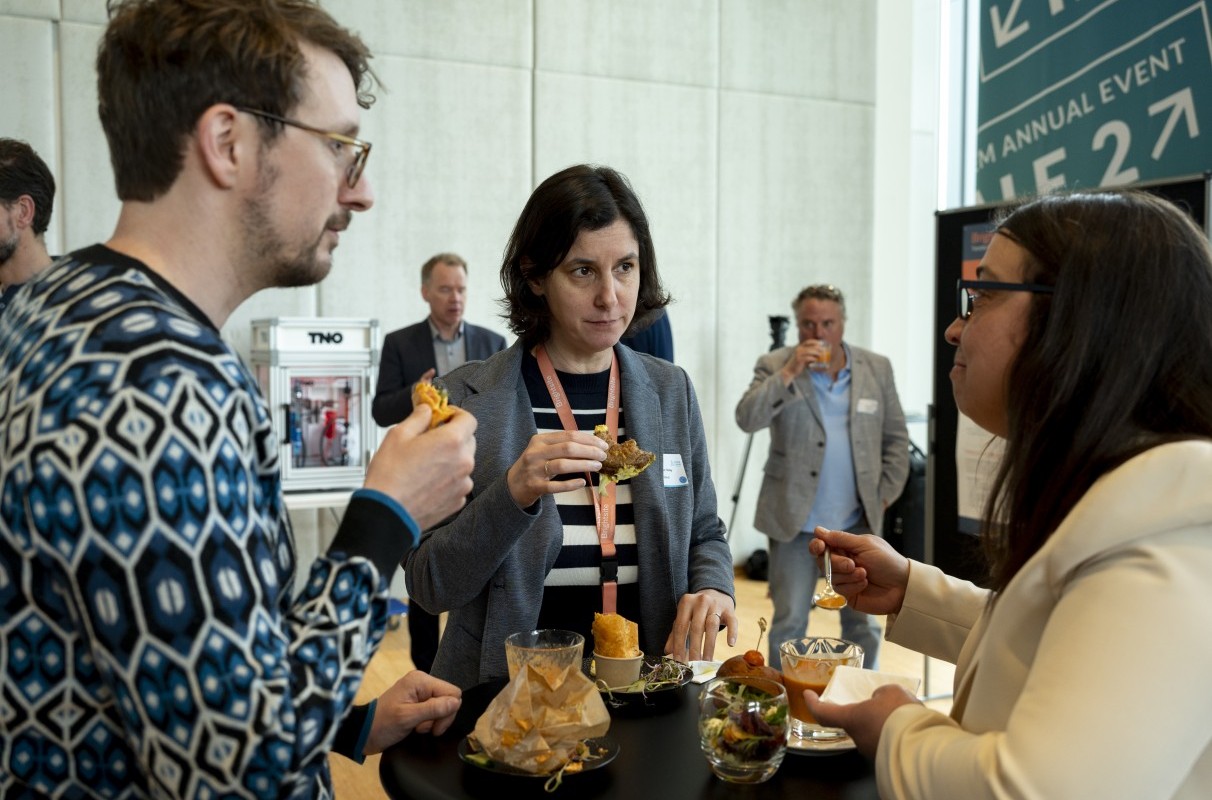
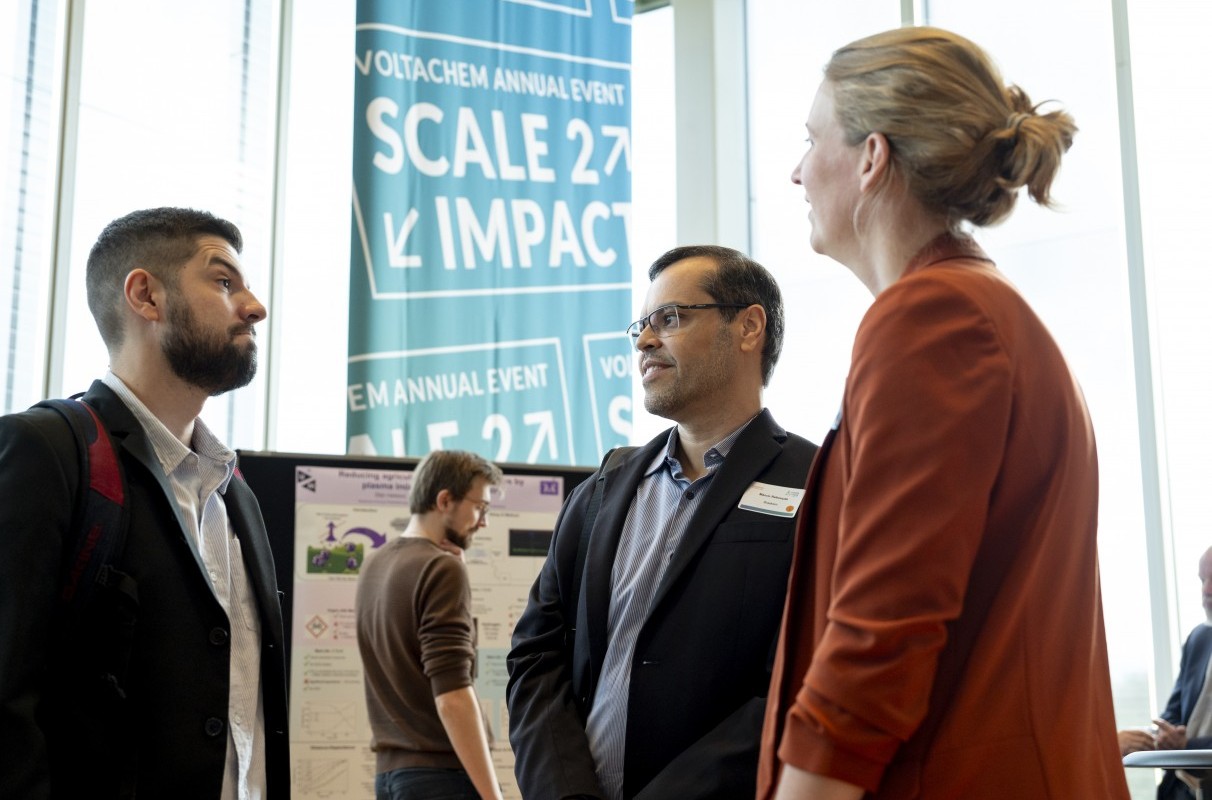
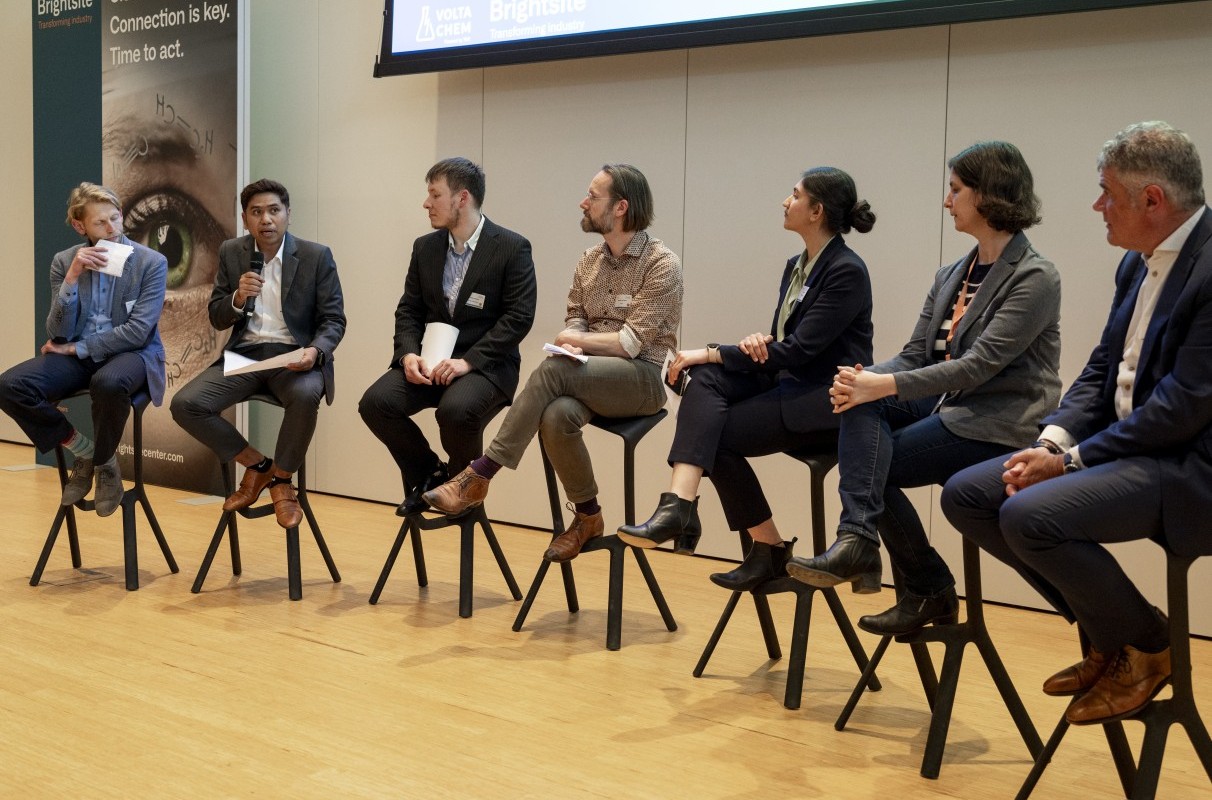
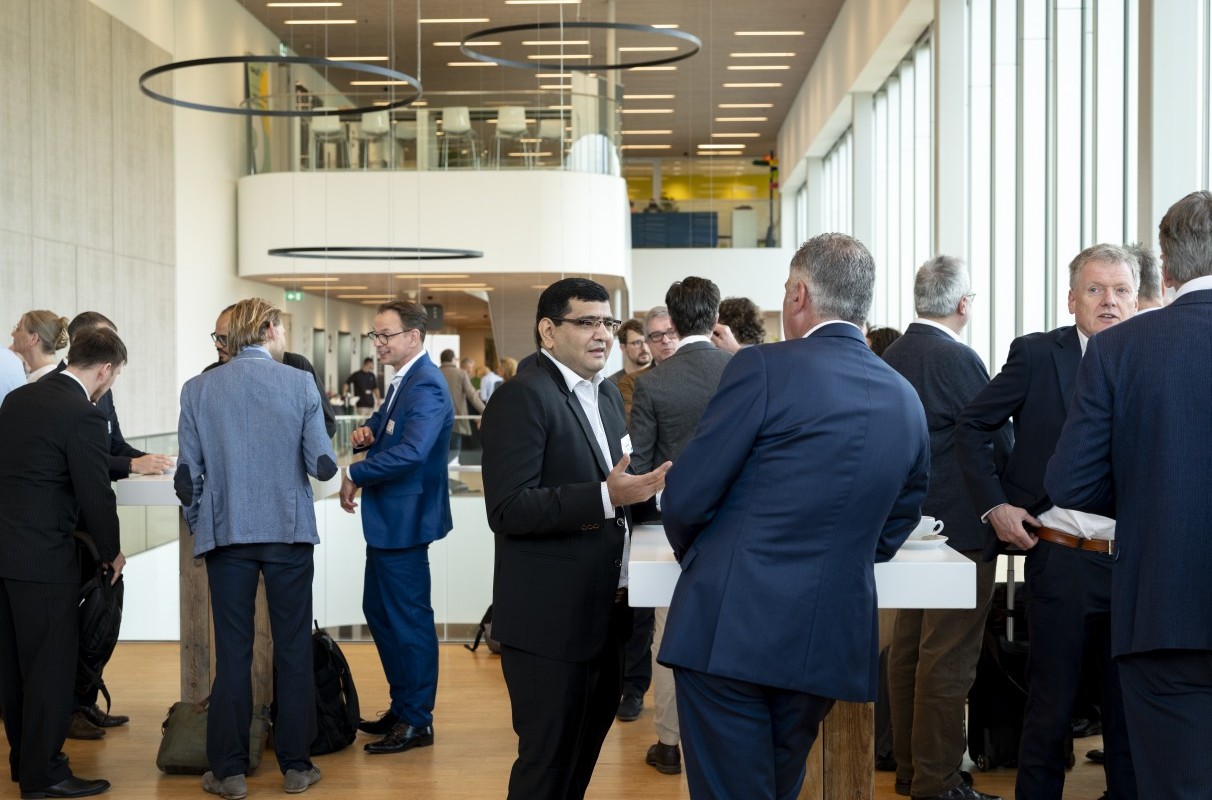
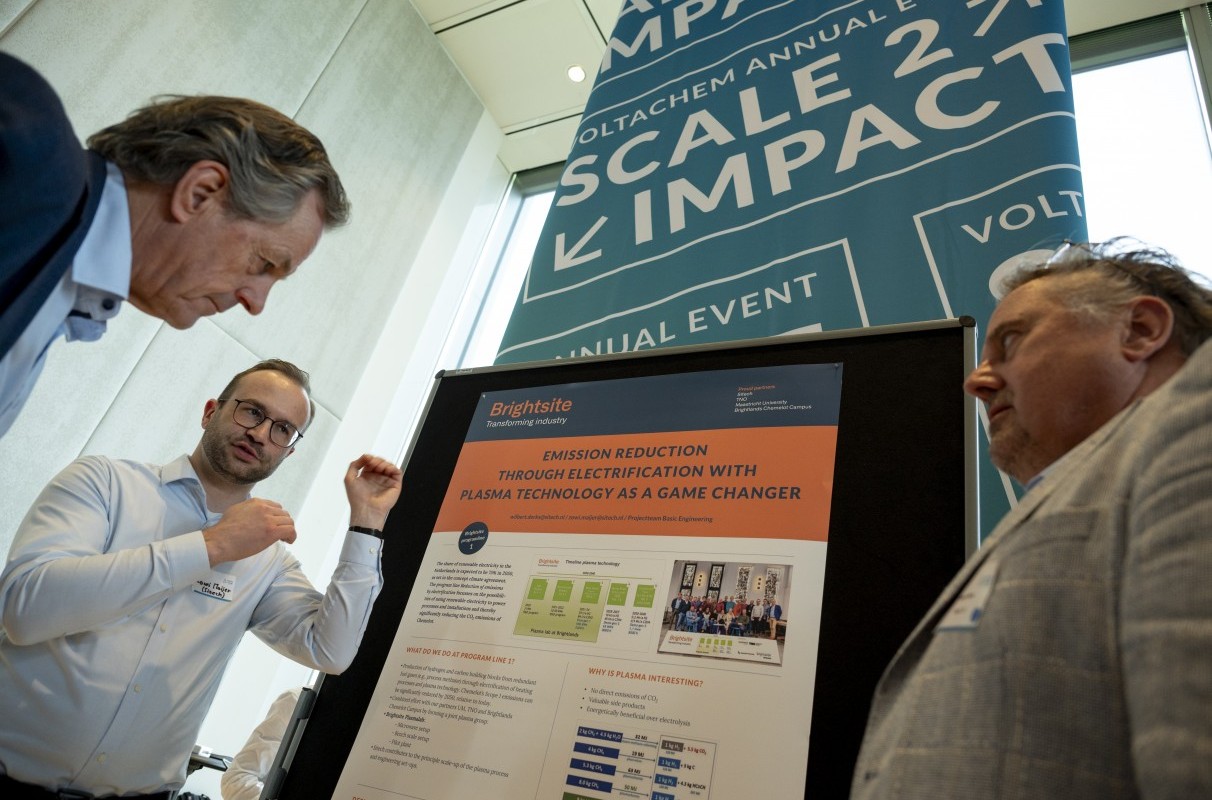
Share this page: